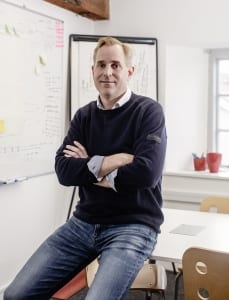How success at home helped Connolly’s Red Mills win in Japan
Kilkenny-based Connolly’s Red Mills makes scientifically advanced nutrition and healthcare solutions for animal health, well-being and performance.
The fifth-generation family-owned business was set up in 1908. It is led by chief executive Joe Connolly, chief operating officer Bill, and business development manager for exports Michael. The brothers work with the next generation of Gareth, William and John Connolly, and a dynamic management team, to drive the business forward. The company employs 320, working on three main strands: a vertically integrated domestic feed and grain business; the manufacture and sale of pet foods in 40 countries; and the manufacture and sale of premium horse feed into 80 countries worldwide.
How Connolly’s Red Mills became a global leader
Its premium horse feed is used by some of the world’s most successful race horses, show jumpers and dressage performers.
“In the field, we are considered a global leader, selling right across the northern hemisphere, and beyond that, as far away as Australia. Enterprise Ireland has supported us significantly with research and development, which was the key to our success, especially in Japan,” says Michael Connolly.
“We received funding from Enterprise Ireland for market research and product development for specific markets, including customisation and localisation.”
Connolly’s Red Mills’ success at home helped it succeed abroad. “Race horses are the best paid athletes in the world. We were able to piggy back on the success of our Irish breeders and trainers, to follow our customers, and their customers, around the world,” says Michael.
The UK was the company’s first export market, which it entered in 1985. Throughout the 1980s and 1990s it grew sales across Europe. In 2004 it entered Japan.
Connolly’s Red Mills initially sought to sell pet foods into Japan but found there was greater opportunity for horse feed. “Japan has a very wealthy racing industry. It has prize money of around 10 times the average amount you’d see in Ireland,” he says.
Prepare to do business in Japan
Success wasn’t assured. Connolly found Harvard Business professor Geert Hofstede’s view of Japan, that it is the most ‘foreign’ country from a business point of view, to be true.
“The biggest difficulty is communications. That is not translation, it’s the fact that what is not said in a meeting is what often counts most. But if you don’t know what should have been said, you won’t know what that means,” says Connolly.
If you have the right product and are prepared to put in the time building relationships, you can succeed. “Your business has to hit all the markers they want to see, which is sustainability, profitability and growth, which thankfully align exactly with our own values at Connolly’s Red Mills,” he says.
Customer acquisition takes Connolly’s up to four times longer in Japan than it does elsewhere.
“Where it might take three months in France, it will take 18 months to two years in Japan,” he says.
Business meetings are highly structured and formal. Irish people’s traditional bonhomie can work against us, he cautions. Not handling business cards with due deference is a case in point.
Japan has a very hierarchical business culture, to the point that business teams meeting across a table must sit opposite one another in order of rank.
“Often it is in the après meeting, when things relax a bit over a meal, that deals are really done and compromises are made. Decisions are very much done on the basis of consensus. Trust is hugely important and has to be built up.”
Japan rewards right product and right approach
If you have the right product, and approach the market in the right way, you can reap the reward. Today Connolly’s Red Mills is the largest importer of premium horse feeds in Japan, with 30% market share of premium horse food.
Enterprise Ireland’s Japan team provided practical on the ground assistance in relation to introductions, itineraries, and local expertise, including setting up meetings and providing information about how to set up a company in Japan.
“It helped us interpret business culture and ensure business and tax compliance. It was also a keyhole into the Irish business community in Tokyo, which was invaluable.”
Japan is not for the fainthearted, he cautions. “It is an exacting market. It has to be a strategic move and you have to have your research done.”
But get it right and it will pay dividends. “Japan is a homogenous market which means that if you can win a small part of it, you can win a large part of it.”
Read more on doing business in Japan and the support available from Enterprise Ireland.

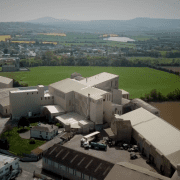

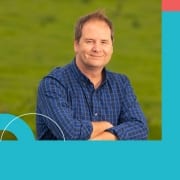
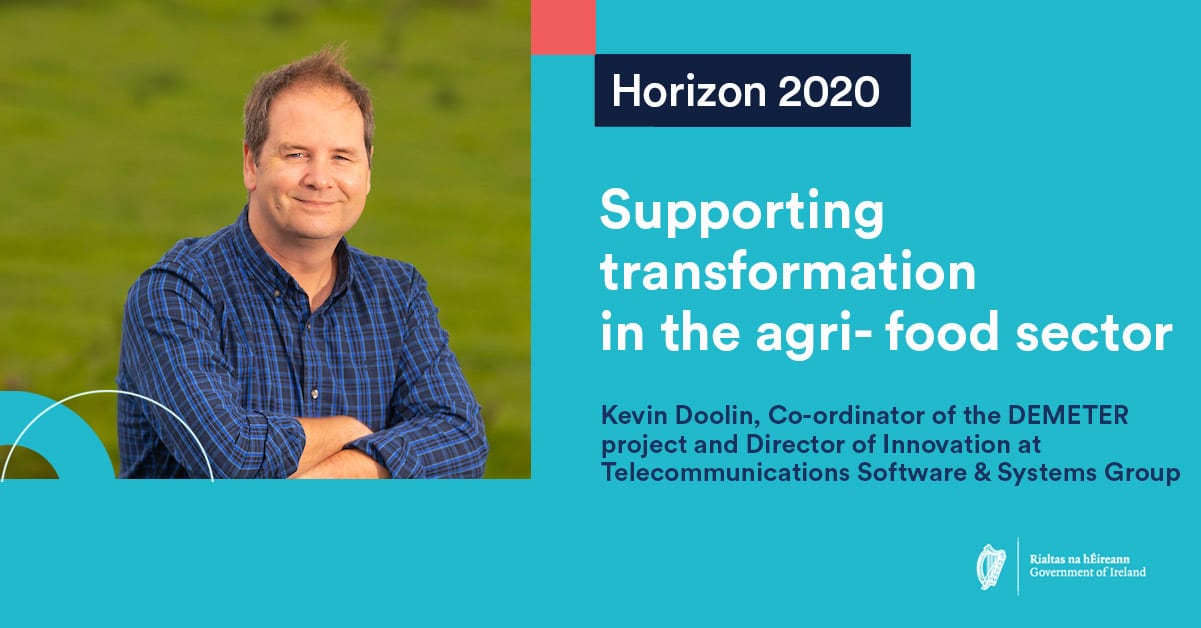
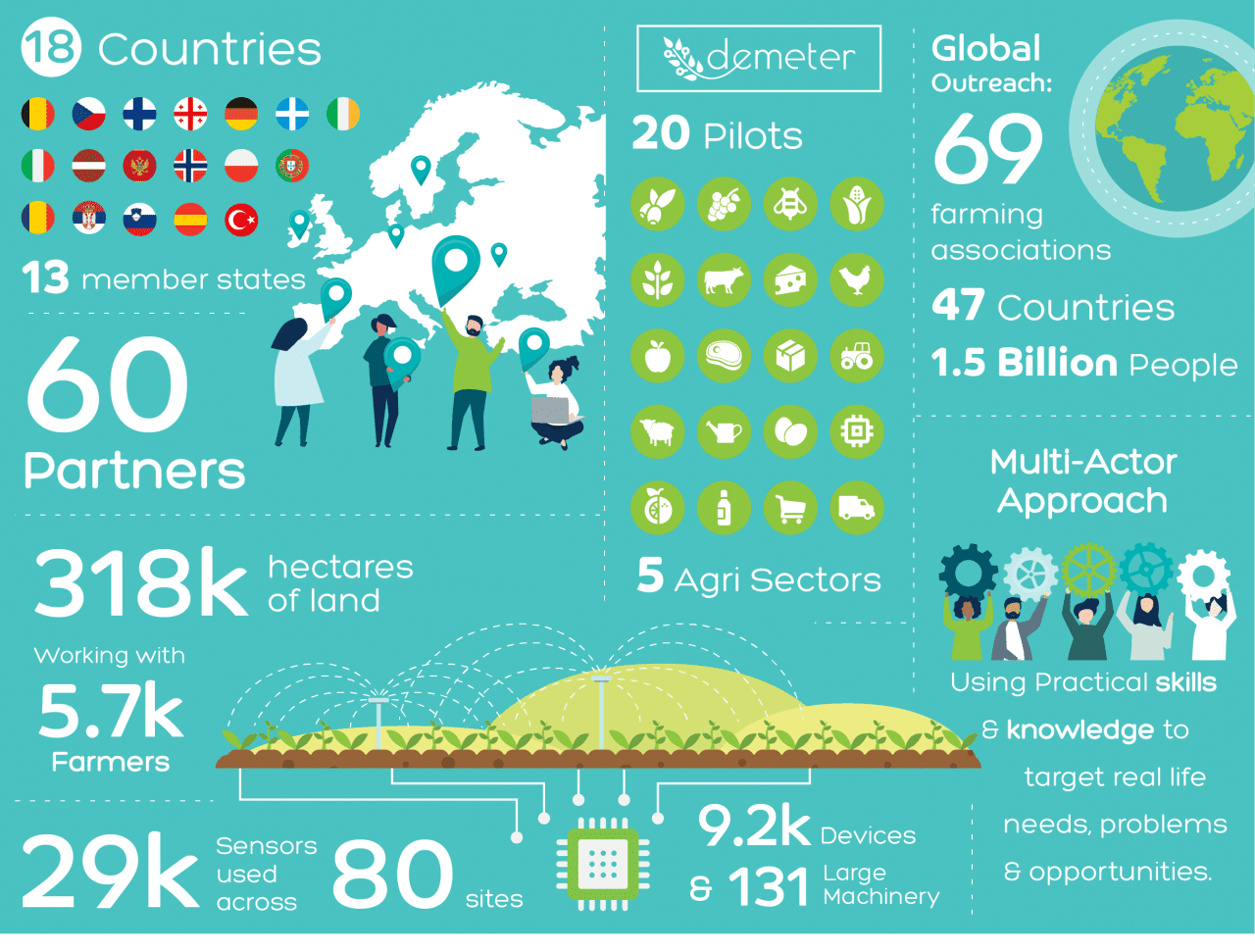
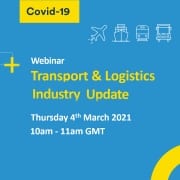
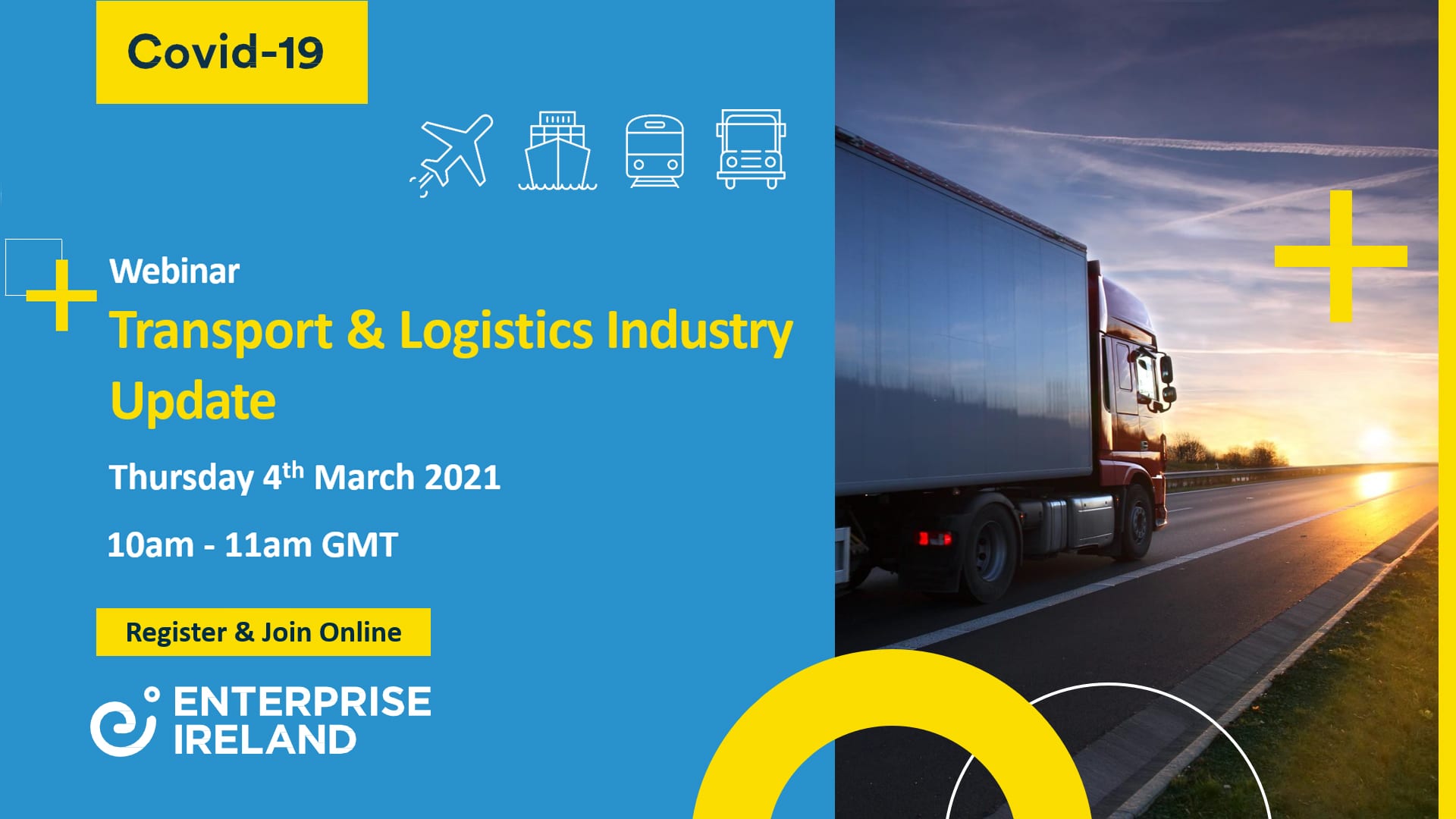

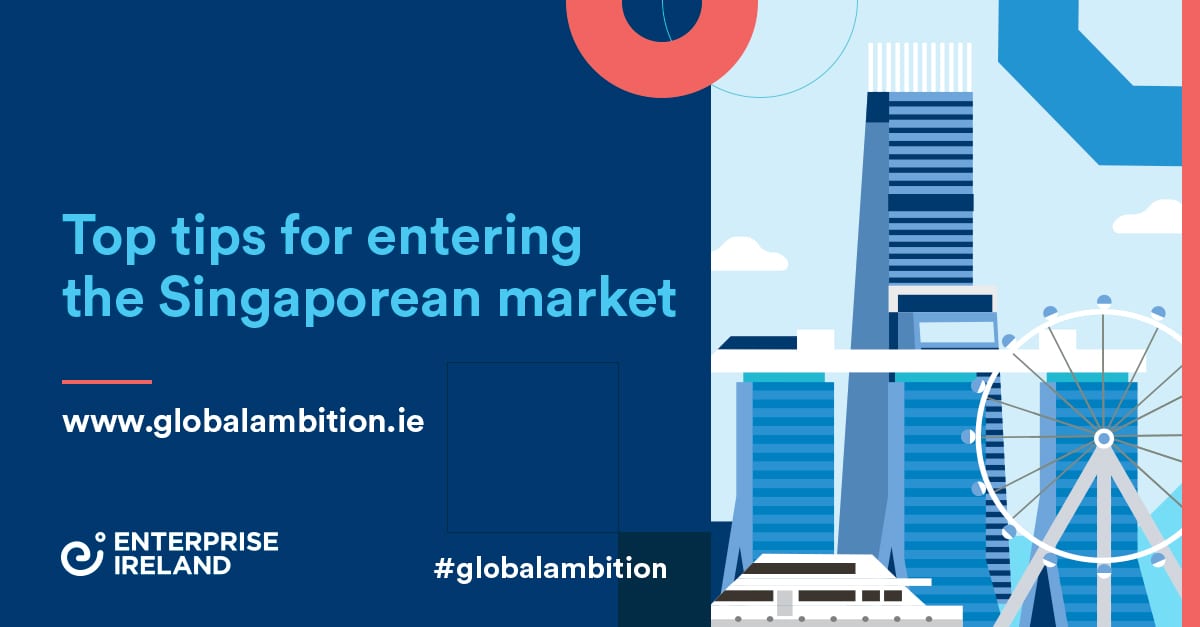
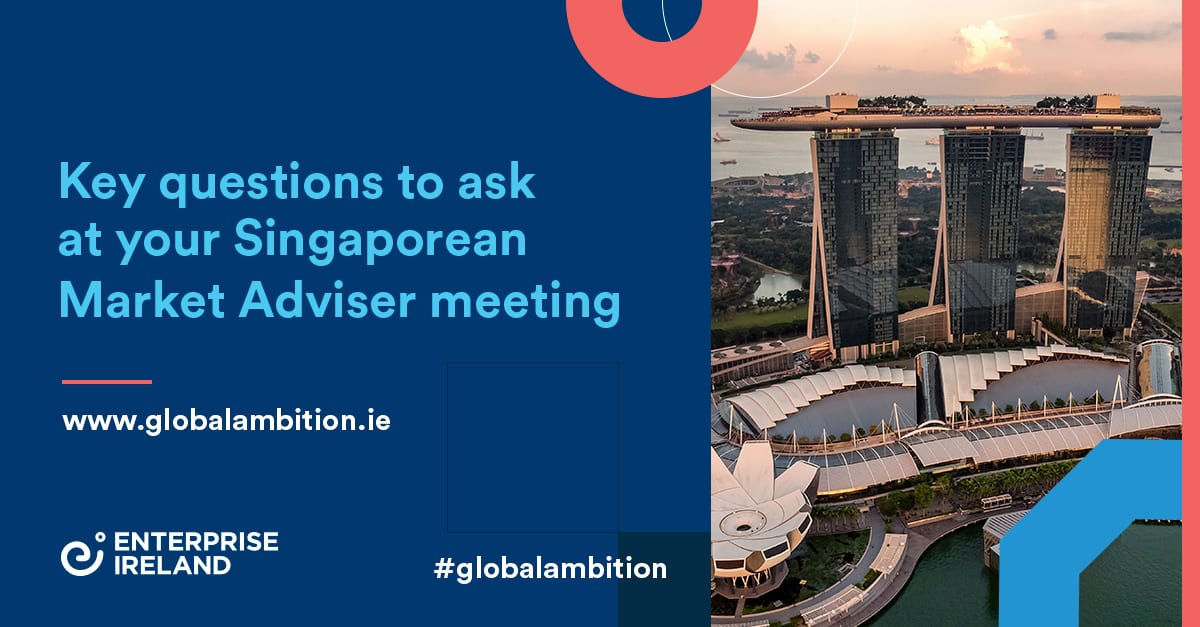

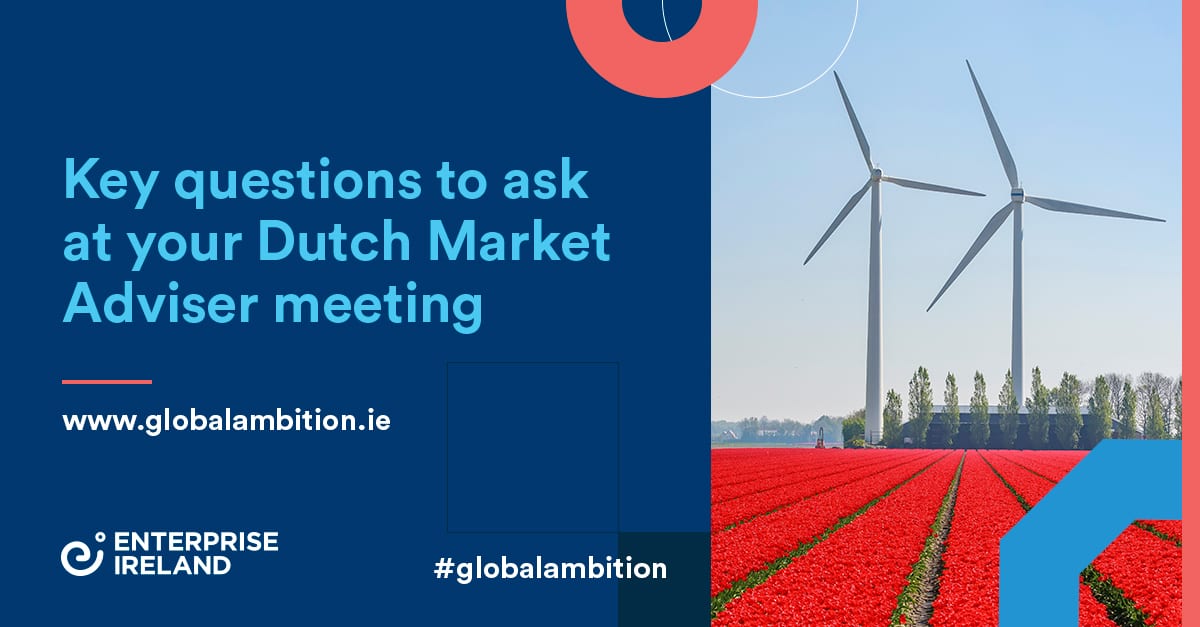
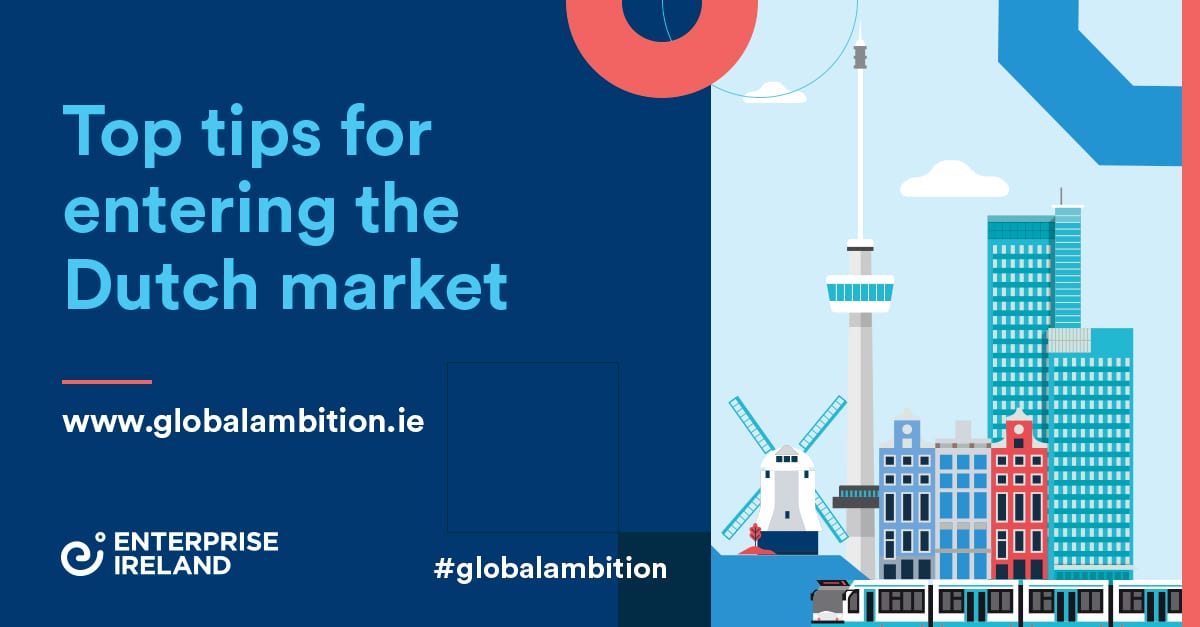


 However, developing 3D technology would mean breaking new ground for LaserTec and would require a considerable amount of R&D.
However, developing 3D technology would mean breaking new ground for LaserTec and would require a considerable amount of R&D.
 Firefly looked at various grant schemes from different organisations before deciding to apply to
Firefly looked at various grant schemes from different organisations before deciding to apply to 
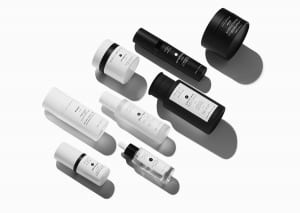
 With the help of
With the help of 
